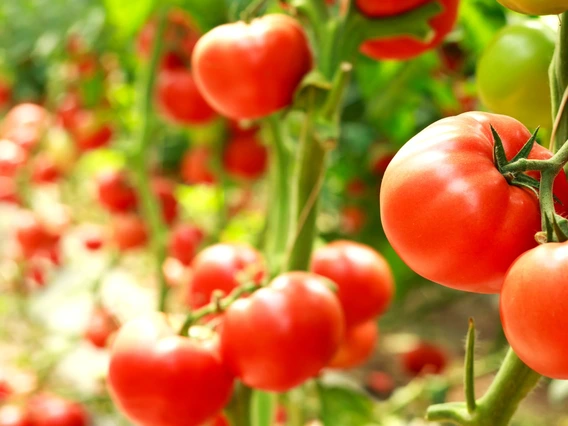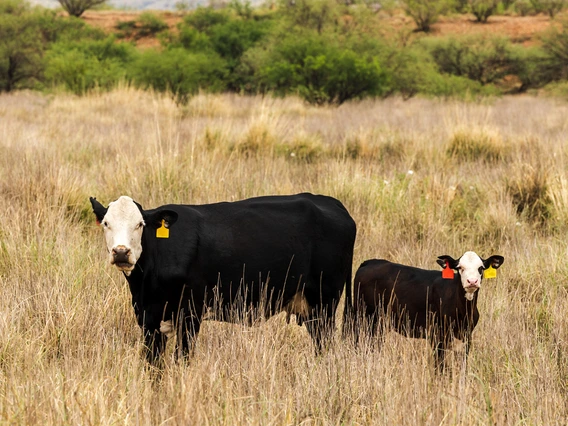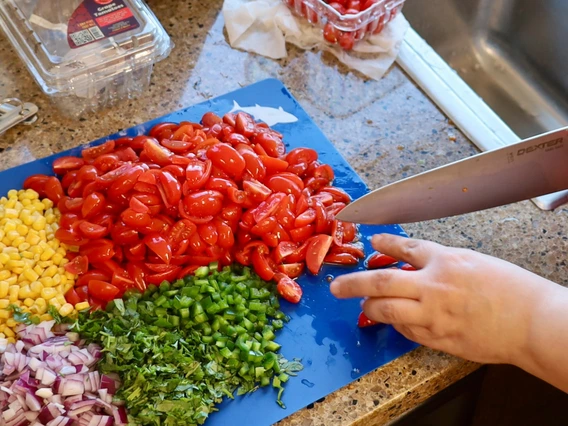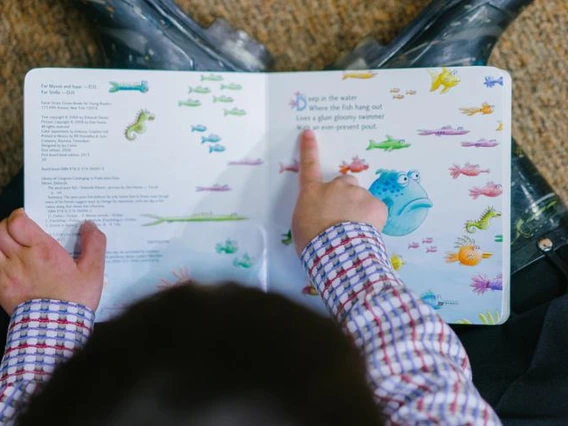Navajo County
Our office is your direct link to University of Arizona, offering the solutions you need to solve real world problems.
Announcements
Our staff connects Navajo County communities to University science and other expert advice to make people healthier and businesses more successful.

Home Gardening & Landscaping
Create a sustainable home garden and landscape you can be proud of.


Cooking & Food Safety
Create a sustainable home garden and landscape you can be proud of.






